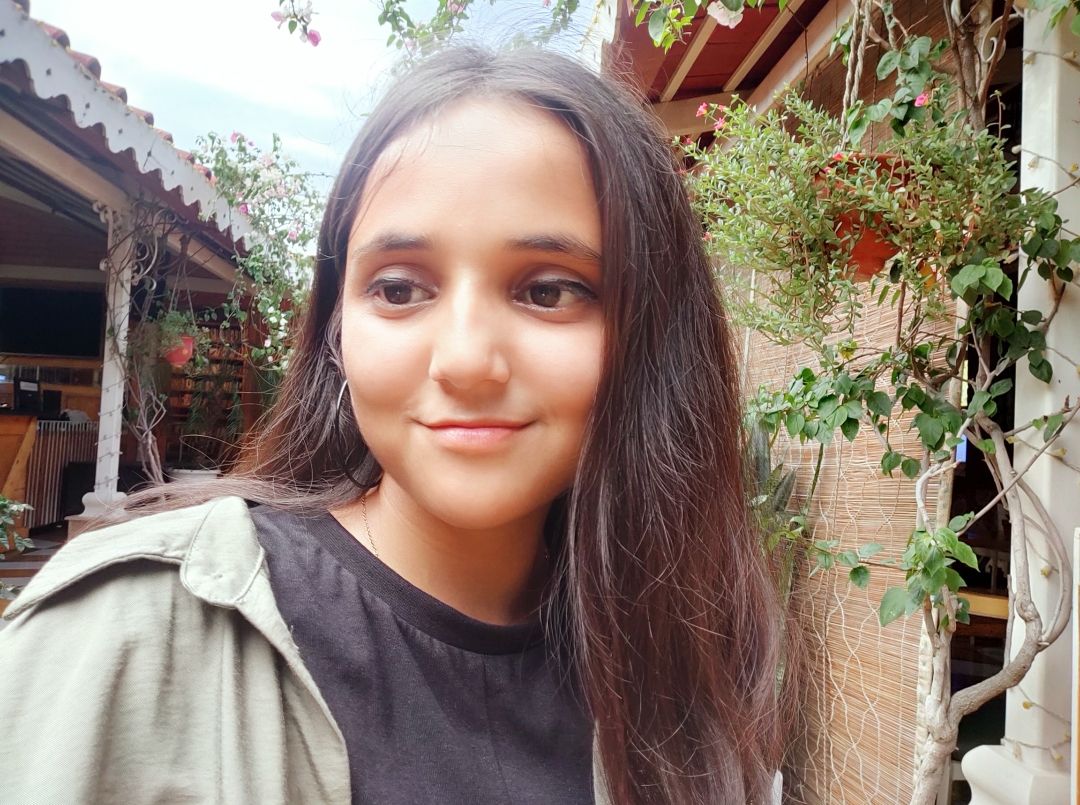In Mumbai, almost six out of every ten motorists who challenged an e-challan got a flat “no” as their answer. Between January 1, 2024, and February 28, 2025, the traffic police portal logged 1,81,613 online complaints. But 1,07,850 of those requests for relief were dismissed, which is an eye-popping 59% rejection rate.
Imagine paying a fine, gathering proof, and still being told your case doesn’t hold water. That’s the reality for many drivers who feel the system isn’t giving them a fair shake.
Record Fine Collections
While complaints were flying in, the fines were piling up fast. Over those 14 months, Mumbai Traffic Police raked in ₹556.42 crore via the digital challan portal. That’s more than half a thousand crores flowing into government coffers, and each rupee coming from someone’s pocket after a blinking camera caught them speeding or parking wrong.
For cash-strapped families or daily commuters, the sting of a hefty fine is real. When most appeals fail, the financial burden only gets heavier.
Also Read: Documents Needed to Waive Your Traffic Challan
How Your Appeal Is Processed
Wondering what happens when you click “contest challan”? First, your complaint lands in the multimedia cell at Worli headquarters. There, officers pore over the dashcam or CCTV snaps you’ve submitted. If the pictures are crystal clear—showing your car, number plate, and the alleged offence—their verdict comes quick.
But if the evidence is fuzzy or incomplete, your case is kicked upstairs to the local traffic division or police station where the incident happened. This extra step can drag out the process. And if that team still isn’t convinced, your appeal is bounced back with a rejection.
Also Read: Pending Traffic Challans May Increase Motor Insurance Premiums in 2025
A Major Data Blind Spot
Here’s a kicker: the portal doesn’t sort complaints by vehicle type. Whether you ride a bike, drive a sedan, or haul goods, your appeal goes into one big pool. Without a breakdown—two-wheelers vs. four-wheelers, private vs. commercial—it’s tough to spot unfair trends. Are bikes getting more rejections than cars? Are taxis having better luck? We simply don’t know. That makes it hard to push for real fixes.
Calling for a Fairer System
RTI activist Anil Galgali says it clearly: “Citizens deserve a fair shake. Every appeal should get a proper, unbiased look.” In other words, the portal needs more transparency. Maybe a clear checklist for evidence, vehicle-wise stats for analysis, and faster turnarounds so people aren’t left hanging.
In conclusion, Mumbai’s drive toward digital enforcement is smart on paper, but when 59% of motorists feel shut out, it’s time for a tune-up. After all, a system meant to keep roads safe should also treat drivers fairly.
Also Read:

